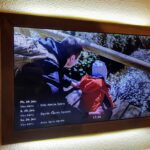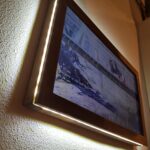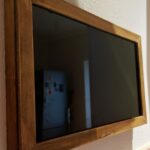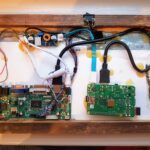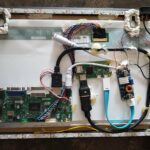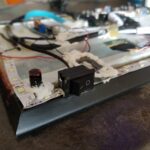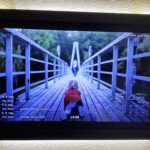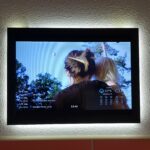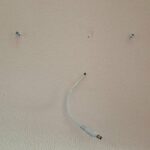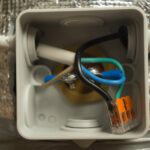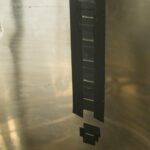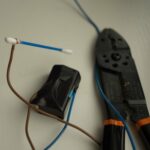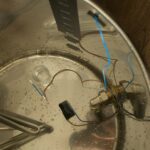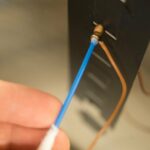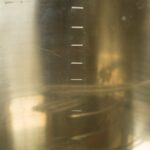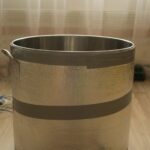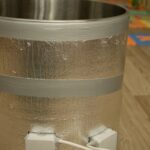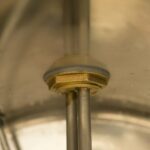Beidzot pabeidzu veidot paštaisīto fotorāmi. Izejvielas:
- Raspberry Pi Zero W
- Pirms 4 gadiem no portatīvā datora izravēts 14” LCD ekrāns
- Pirms 4 gadiem no AliExpress sūtīts LCD Controller Board
- LCD strāvas barošanas bloks
- Strāvas Step Down modulis, lai atdalītu un nobarotu Raspberry ar strāvu, kas domāta LCD
- Aukstas gaismas LED virtene
- Slēdzis LCD un LED virtenes izslēgšanai
- IKEA fotorāmis
- Montāžas līme un stiprinājumi
Rāmja aizmugurē neiespringu uz skaistu izkārtojumu un tīrību, jo, pieliekot pie sienas, tas nav redzams.
Uz Raspberry Pi uzstādīts Raspbian Lite OS un iestatīts kioska režīms – pie katras piestartēšanas tiek atvērts Chromium pārlūks ar iepriekš iestatītu mājaslapu. Lokālajā tīklā uz citas iekārtas darbojas Openmediavault, kas papildus pamatdarbam hostē arī mājaslapu fotorāmim.
Mājaslapa ir vienkāršs uz Uikit front-end framework veidots bilžu slaidšovs. Papildus tiek ielādēts: Google kalendārs izmantojot FullCalendar, informācija par laika apstākļiem no OpenWeatherMap un foto uzņemšanas datums ar PHP exif_read_data funkciju. Visa tekstuālā papildus informācija tiek pārlādēta reizi stundā ar Javascript setInterval. Pats Raspberry ar Crontab tiek pārstartēts katru nakti, lai izvairītos no atmiņas problēmām Chromium cache dēļ.
Tā kā mājaslapa stāv uz lokālā NAS, tad bilžu papildināšana ir tik vienkārša, kā Adobe Lightroom programmā uzspiest pogu Export to Fotorāmis.
Pašlaik mazjaudīgais Zero bez problēmām sagremo slaidšovu ar ~300 fotoattēliem.

